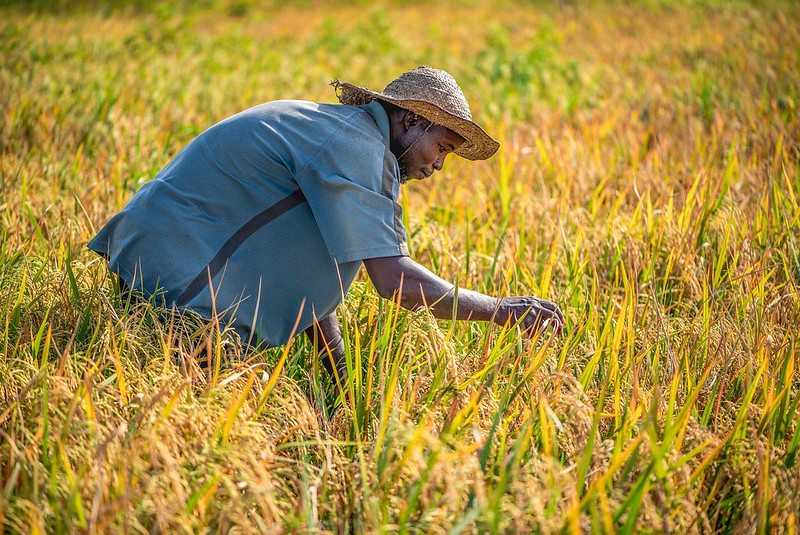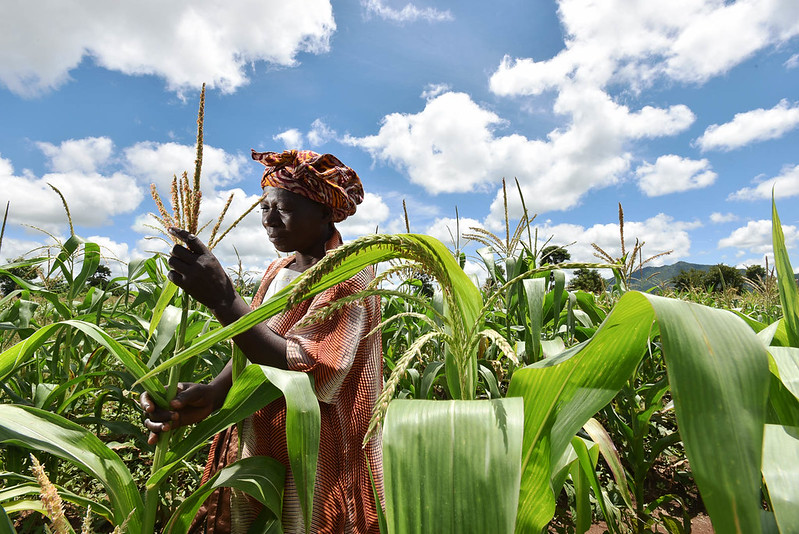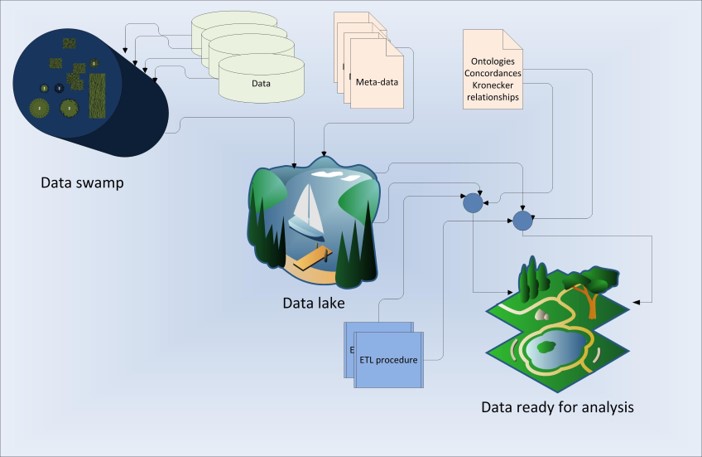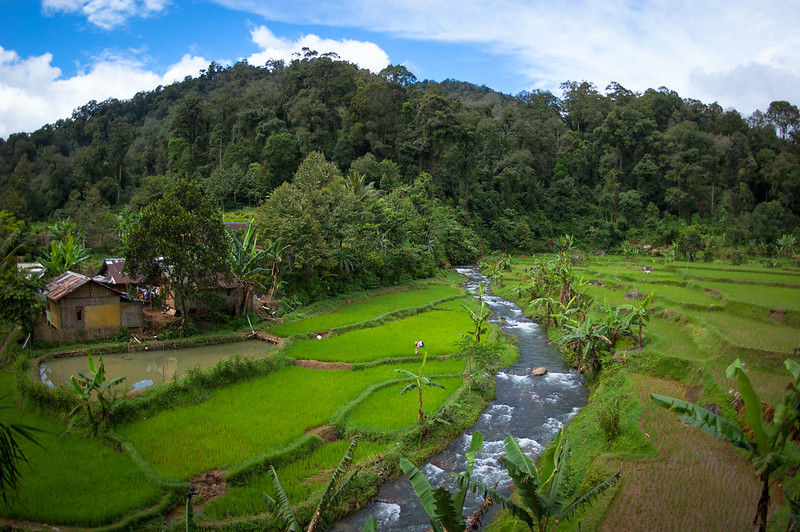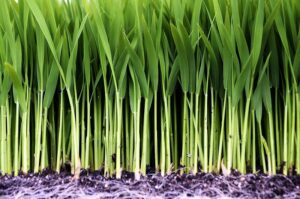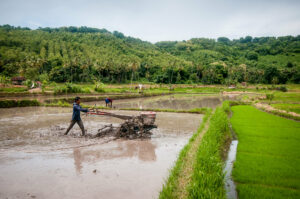Latest Posts
Modelling to explore land use patterns at the forest edge: feasibility of a static spatial model
[No abstract available]…
Using scenarios to make decisions about the future: anticipatory learning for the adaptive co-management of community forests
[No abstract available]…
Modelling interactions amongst people and forest resources at the landscape scale
FLORES, the Forest Land Oriented Resource Envisioning System, is a framework to facilitate quantitative modelling of ecological, economic and social issues at the landscape scale. This issue of Small-scale Forest Economics, Management and Policy describes the evolution of FLORES from a concept to a series of models calibrated for diverse…
Anticipating change: scenarios as a tool for adaptive forest management: a guide
[No abstract available]…
Participatory modelling of community forest landscape
FLORES, the Forest Land Oriented Resurce Envisioning System, is a framework to facilitate quantitative modelling of ecological, economic and social issues at the landscape scale. This special issue of journal describes the evolution of FLORES from a concept to a series of models calibrated for diverse locations, and documents lessons…
Status, trends and future scenarios for forest conservation including protected areas in the Asia-Pacific region
Quisque ut nisi. Aliquam lobortis. In ut quam vitae odio lacinia tincidunt. Nunc nulla. Nulla porta dolor.

